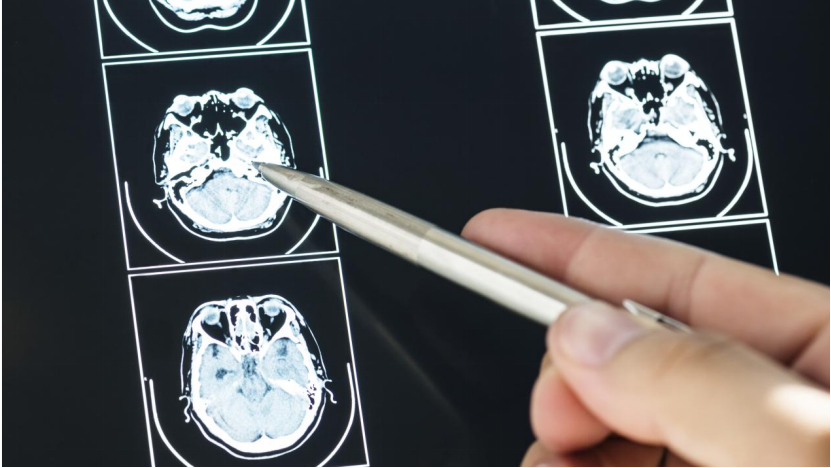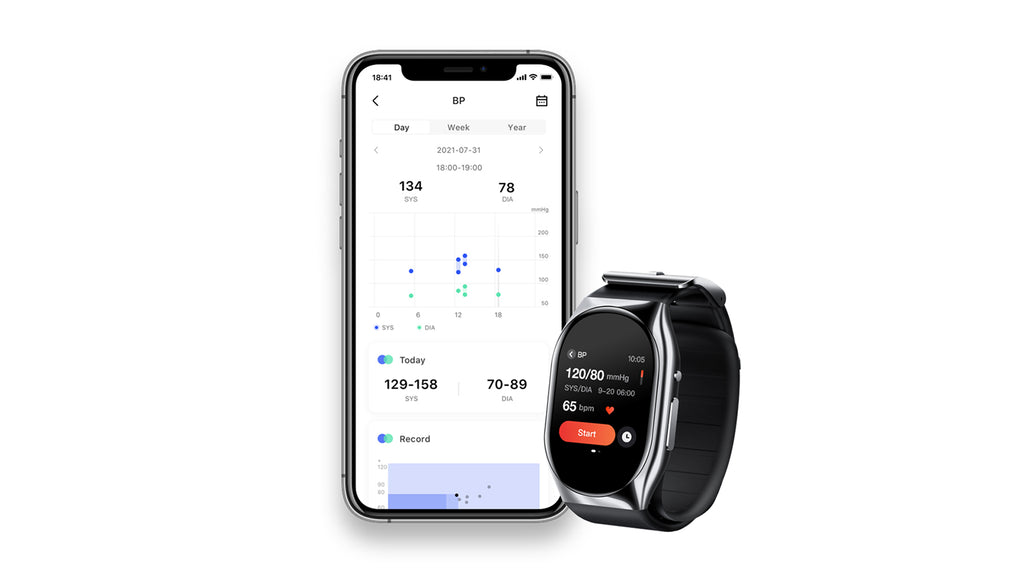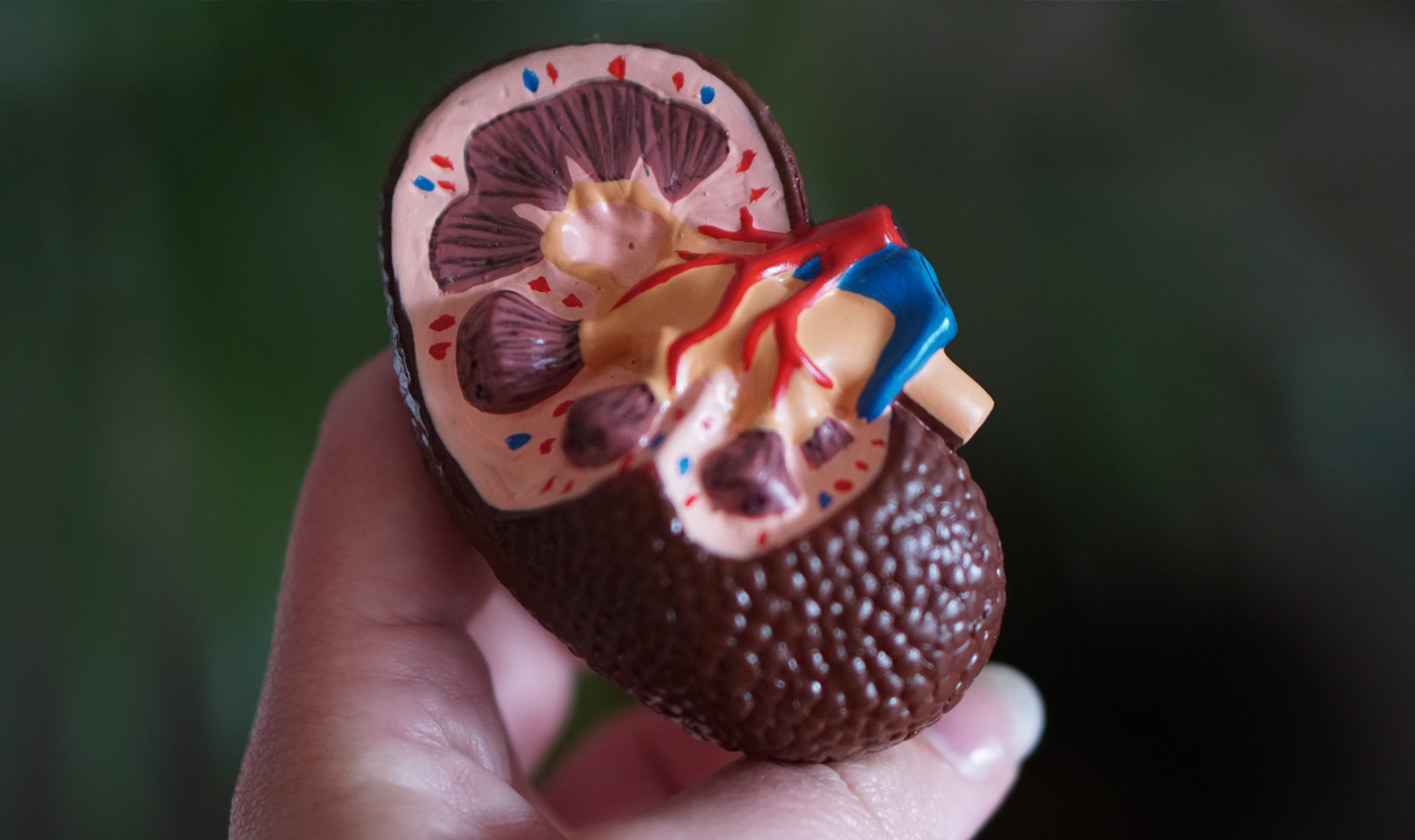-
Hypertension and Heart Disease:
The link between hypertension and heart disease is well-established. According to the American Heart Association (AHA), people with hypertension are at increased risk of developing several types of heart disease, including:

1. Coronary artery disease: High blood pressure can cause the arteries that supply blood to the heart to narrow and harden, leading to a condition called coronary artery disease. This can lead to chest pain, heart attacks, and heart failure.
2. Heart failure: Hypertension can cause the heart to work harder than it should to pump blood throughout the body, leading to a condition called heart failure. This means the heart cannot pump enough blood to meet the body's needs.
3. Left ventricular hypertrophy: Hypertension can cause the muscle in the left ventricle of the heart to thicken, a condition known as left ventricular hypertrophy. This can lead to arrhythmias, heart failure, and sudden cardiac death.
The AHA recommends that people with hypertension work closely with their healthcare providers to manage their blood pressure and reduce their risk of developing heart disease. This may involve lifestyle changes such as a healthy diet, regular exercise, and stress management, as well as medications to help lower blood pressure.

-
Hypertension and Stroke:
Hypertension is also a major risk factor for stroke. According to the Centers for Disease Control and Prevention (CDC), about 77% of people who have a first stroke have blood pressure higher than 140/90 mmHg. Hypertension can cause several types of strokes, including:
Ischemic stroke: This is the most common type of stroke and occurs when a blood vessel supplying blood to the brain is blocked by a blood clot. Hypertension can increase the risk of blood clots forming, leading to an ischemic stroke.
Hemorrhagic stroke: This type of stroke occurs when a blood vessel in the brain ruptures, causing bleeding in the brain. Hypertension can weaken blood vessels, making them more prone to rupture.
Transient ischemic attack (TIA): Also known as a mini-stroke, a TIA occurs when blood flow to the brain is temporarily interrupted. Hypertension can increase the risk of a TIA, which is a warning sign of an impending stroke.

Conclusion:
Hypertension is a significant risk factor for heart disease and stroke, two of the leading causes of death worldwide. People with hypertension should work closely with their healthcare providers to manage their blood pressure and reduce their risk of developing these conditions. This may involve lifestyle changes such as a healthy diet, regular exercise, and stress management, as well as medications to help lower blood pressure. By taking these steps, people with hypertension can reduce their risk of complications and live longer, healthier lives.




Leave a comment
This site is protected by hCaptcha and the hCaptcha Privacy Policy and Terms of Service apply.